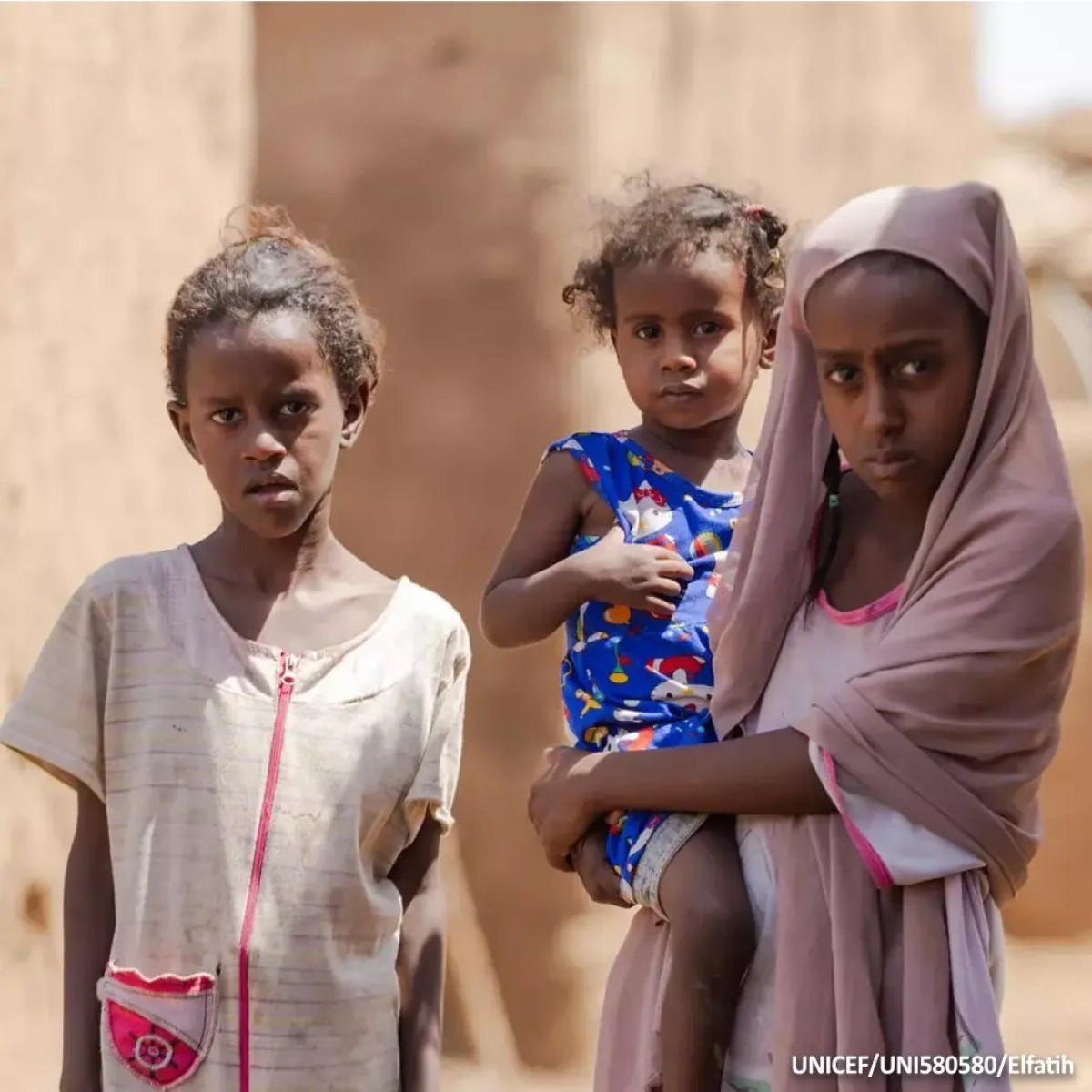More than advertised...a shocking number of war dead in Sudan


Day after day, aspects of the humanitarian disaster resulting from the war that has been going on for a year and a half in Sudan, and the resulting hunger crises, are revealed.
A new report issued by researchers in Britain and Sudan showed that estimates indicate that more than 61,000 people were killed in Khartoum State during the first 14 months of the war in Sudan.
This coincides with evidence indicating that the total number is much higher than previously recorded, which means that the humanitarian disaster resulting from the war is much worse than expected.
The estimates included about 26,000 deaths due to the violence, a higher number than the United Nations currently mentions for the toll in the entire country, according to Reuters.
The draft study, which was issued by the Sudan Research Group at the London School of Hygiene and Tropical Medicine yesterday, Wednesday, before review by specialist colleagues, indicates that starvation and disease have become among the main causes of death across Sudan as well.
p>"The worst crises"
The United Nations says that Sudan, which was, even before the war, one of the poorest countries in the world, is witnessing “one of the worst displacement crises in the world, and is likely to soon witness the worst hunger crisis in the world.”
United Nations and international calls are mounting to end the war in Sudan, thus sparing the country a humanitarian catastrophe that has begun to push millions into famine and death as a result of food shortages due to the fighting.
Since mid-April 2023, the Sudanese army and the Rapid Support Forces have been waging a war that has left about 20,000 dead and more than 11 million displaced and refugees, according to the United Nations.
In a ray of hope, the Sudanese government decided, yesterday, Wednesday, to extend the opening of the Adre border crossing with Chad to deliver humanitarian aid to those who need it.
A statement issued by the Transitional Sovereignty Council affirmed “continuing cooperation and coordination with international organizations, United Nations agencies, and other agencies working in the humanitarian field.”
Continuous pressure
Last August, the Sudanese authorities decided to open the Adre border crossing for a period of 3 months to ensure the arrival of humanitarian aid to affected citizens, and the decision has been continuously extended since then.
This came as a result of continuous pressure from the international community and international organizations, demanding the opening of the “Adre” border crossing between Sudan and Chad, to deliver humanitarian aid to thousands of people affected by the fighting in Darfur.
The Sudanese authorities had previously refused to open the border crossing with Chad, under the pretext that it could be used to supply the Rapid Support Forces with weapons.
But the closure of the border crossing caused famine in various areas in Darfur, especially the Zamzam camp in North Darfur state, which exacerbated international pressure on the government.